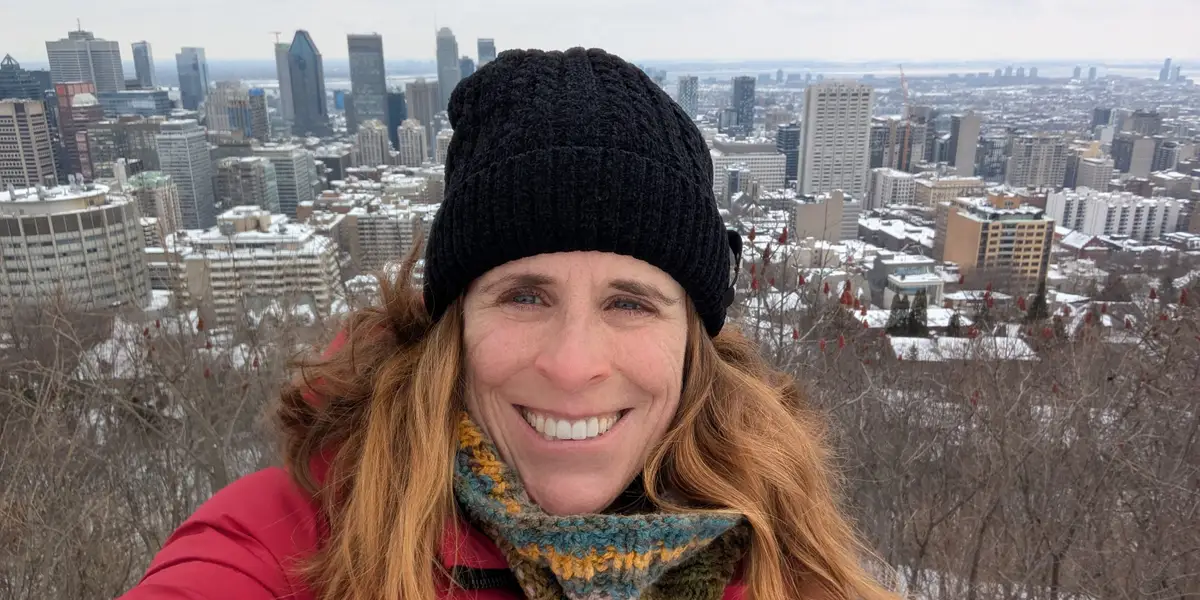Copyright trinidadexpress

“Port of Spain is the noisiest city in the world,” VS Naipaul wrote in The Middle Passage, which was published in 1962. Now, 63 years later, Prime Minister Kamla Persad-Bissessar intends to reduce noise all over the country. “Noise pollution is a nuisance,” she wrote in an X post yesterday. “I instructed that all fetes at the Brian Lara Stadium be stopped as the noise has become unbearable for residents. For far too long, the issue of noise pollution and its negative impact on communities has been ignored.” Last month, a three-day-old baby died after a night of fireworks set off on Divali by uncaring people in the community. The official cause of death was Sudden Infant Death Syndrome (SIDS), which means that the doctors didn’t know what caused the infant to die. However, his parents blamed the noise, saying the child had been discharged from the hospital that day with a clean bill of health, but cried continuously after the fireworks started going off. This may be possible. The human nervous system did not evolve in a noise-filled environment. That is why loud sounds startle us—noise signals danger, stimulating our fight-or-flight reflex. A 2023 statement from the American Academy of Paediatrics (AAP) warned that when children are exposed to continual noise, this can lead to “fragmented sleep and decreased total sleep time with reductions in daytime alertness, performance, quality of life, and overall health”. A 2024 statement from the Educational Audiology Association noted, “Noise affects cognitive performance, speech perception, and other non-auditory factors such as decreased focus, sociability, mental health, and increased headaches.” Physically, noise pollution can exacerbate high blood pressure, hypertension, and heart disease. Psychologically, long-term exposure increases stress, anxiety and irritability, worsens -depression, and reduces cognitive performance. This is basically a portrait of Trinidad and Tobago. According to Prime Minister Persad-Bissessar in her X post, the Government intends to pass fireworks legislation, strengthen noise pollution laws to designate quiet hours, and impose new restrictions on fetes, music trucks, residential parties, and bars. However, all such measures are meaningless if the law is not enforced. A 2024 judgment by the Court of Appeal clarified that fete promoters had to ensure they did not cause a public nuisance when playing loud music at their events, whether a complaint was made or not. But the judges also noted that the Environmental Management Act was inadequate in its current form to control noise pollution, and an increase in fines was not a solution since “promoters seem more than willing to bear this as an additional cost of doing business, without unduly concerning themselves with the potential negative effects of non-compliance”. While promoters might follow new regulations because they are monitored, bars and people who blast music from their homes or vehicles are not likely to be arrested, let alone convicted, even if complaints are made to the police. So, while more robust legislation is welcome, the authorities must also find other, non-punitive methods to reduce noise throughout the country.



